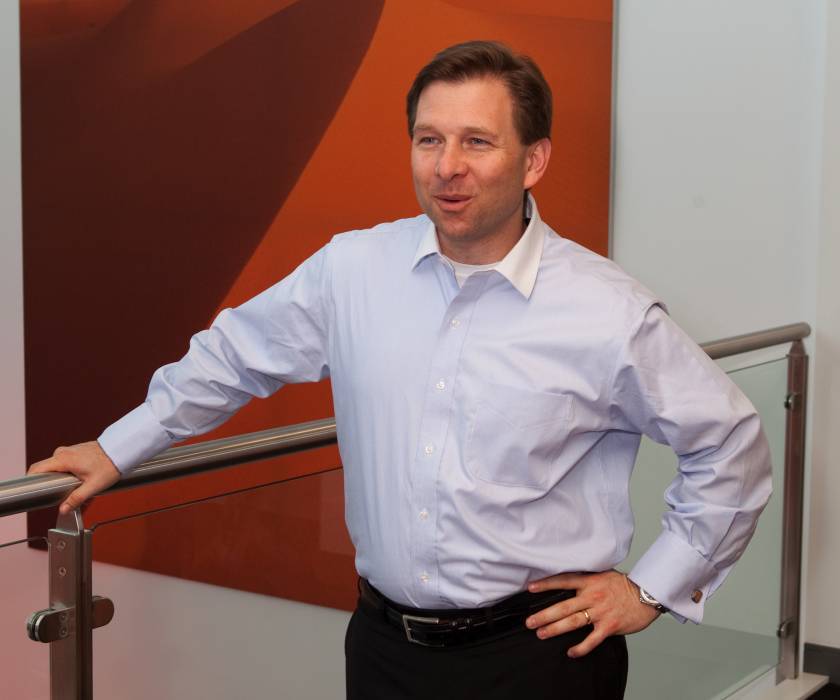
Chevron’s Europe manager has warned the oil and gas industry faces a big challenge to find enough technicians for major new projects in the North Sea in coming years.
The US oil major will itself need 200 workers for its Rosebank development, possibly due on stream in 2017, he said.
Eric Sirgo, general manager operations for Chevron Upstream Europe, also said the group’s 2013 budget included potentially the biggest allocation for the North Sea in its 40 years in the basin as its activity increases.
Other majors, including BP and Total, have also increased their spending in the area.
Much of Chevron’s investment will be in Rosebank and subsea tie-backs as well as developments the firm has stakes in, including BP’s Schiehallion and Clair projects, all of which will need technicians and operatives.
Speaking ahead of a Scottish Council for Development and Industry talk in Aberdeen last night, Mr Sirgo said to be successful the industry needed six key elements – government, academia, the supply chain, technology, people and industry.
“If any one of these doesn’t work you don’t have a successful investment,” he added.
Technology and people were the two most important, he said, adding that finding people would be “a big challenge” for the industry in coming years.
Mr Sirgo said: “The industry is growing and we are running out of people.
“In the current marketplace you are seeing a lot of people moving from company to company.”
To fill the gap, the industry or government and academia needed to reach out to schools and at a stage before children have made their minds up about what subjects they like, he said.
Mr Sirgo said short-term shortages meant hundreds of technician level type jobs needed filling as projects like Rosebank, Schiehallion and Clair come on field west of Shetland.
Chevron has appointed a strategic offshore staff manager to find people and its also growing its apprenticeship programme.
Mr Sirgo said: “Recent allowances for west of Shetland developments and brownfield are good examples of government listening to us.
“For academia, I think Scotland and the UK often forget how important the role universities play, not only as a talent pool but also participating in research.
“We also forget how big the supply chain is and how global it is. Wood Group has 38,000 employees globally – that is an ingredient for our success; a global reach, talent and technology.”
However he said the three key ingredients were technology, people and industry.
“People still consider us to be a low tech business and it’s really quite the opposite,” he added.
The firm has a subsidiary, the Energy Technology Company, which has a centre focusing on subsea and drilling and completions based in Aberdeen.
The firm also works on joint industry projects and with the industry technology facilitator.
Chevron has a five-year programme for new recruits and a further five year development programme in addition to apprenticeships and strategic partnerships with universities and industry training body Opito.
Mr Sirgo said: “We export a lot of UK talent because of the number of operations we work on globally. There are as many UK nationals inside the UK business as there are outside of it.
“We think people and technology combined are what pushes our technology along.”
Giving examples, he said the use of ocean bottom nodes – a type of seismic equipment – installed by ROVs on the Rosebank field was new technology being used.
“The actual development of the Rosebank floating production vessel will be one of the most advanced out there,” he added.
He also said high pressure high temperature would make the Alder field tie-back to the Britannia platform technologically challenging.
Recommended for you
